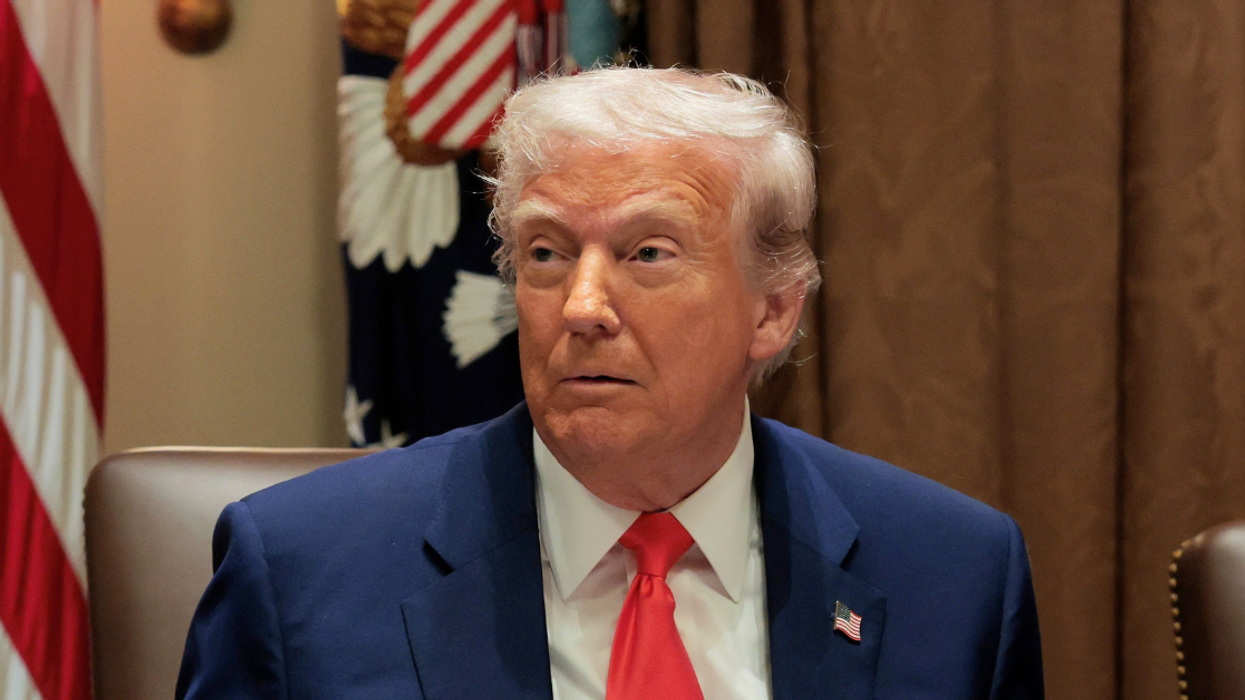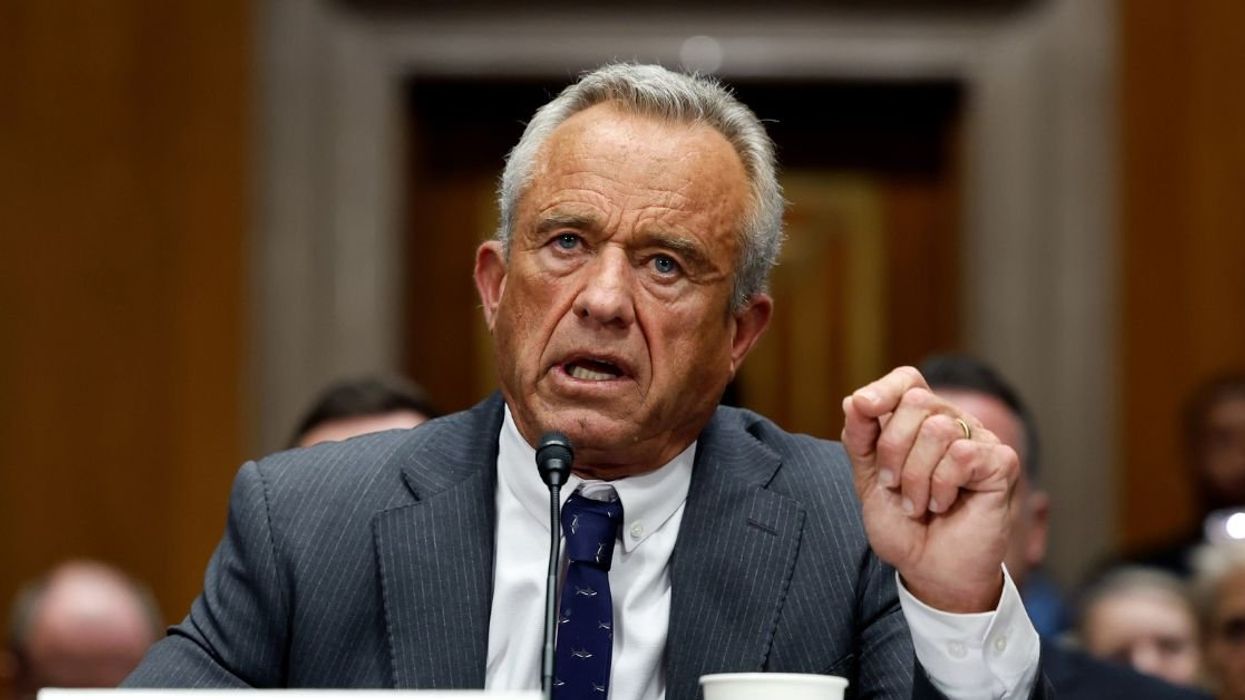To some, television is little more than a means of passing time while others watch it religiously, ensuring never to miss their favorite programs. In 1996, the United Nations General Assembly recognized the growing influence of television and declared Nov. 21 as World Television Day.
Though television largely delivers entertainment to households across the globe, with World Television Day, the United Nations aimed to celebrate the medium as a “symbol for communication and globalization in the contemporary world”. During the first World Television Forum in 1996, the focus was less on the shows that filled the airwaves and more on how television directly impacts decision-making processes, specifically regarding public opinion on politics.
For more information on World Television Day, it’s history, and the impact of televised broadcasts, read through these fast facts.
Influential Personalities Show Support for Television
The general public may unconditionally love television, but the information medium also has a long list of influential politicians, athletes, and entertainers backing it. On the World Television Day website, there is an entire page dedicated to testimonials given by personalities from all over the world.
Showing support for television and World Television Day are people like former President of Poland Lech Walesa, Olympic athlete Usain Bolt, former Formula 1 driver Michael Schumacher, inventor of the Rubik’s Cube Erno Rubik, former Secretary General of the United Nations Kofi Annan, and former President of the European Parliament Martin Schulz.
Citing the importance of freedom of expression, the ease of communication, and the dissemination of important information, these individuals and many more have showed support for the message behind World Television Day.
Opposition against World Television Day
Not everyone was for the creation of a holiday devoted strictly to television. When the United Nations General Assembly declared Nov. 21 as World Television Day, it was met with opposition from 11 delegates.
One of the more vocal challengers was the delegate from Germany who cited that there were “already three United Nations days encompassing similar subjects.” Those days in question were World Press Freedom Day, World Telecommunication Day, and World Development Information Day. The delegate went on to say, “[T]elevision is only one means of information and an information medium to which a considerable majority of the world population has no access”.
Television by the Number
While the numbers have likely changed drastically over the 11 years since the German delegate’s opposition, the Nielsen Corporation, a leading global marketing research firm, performed a study in 2016 that determined television reached approximately 226 million people per month.
That amount of television watching, according to another Nielsen report from 2016, amounted to over 27.1 billion minutes or 450,000 hours spent watching national cable news. These days, where people receive their television broadcasts has expanded beyond normal televisions. According to a 2017 Nielsen report, 58.7% of all households with a television also owned at least one internet-enabled device. The most common at 12.2% or 14.5 million households were gaming consoles.
Please SHARE this with your friends and family.
















